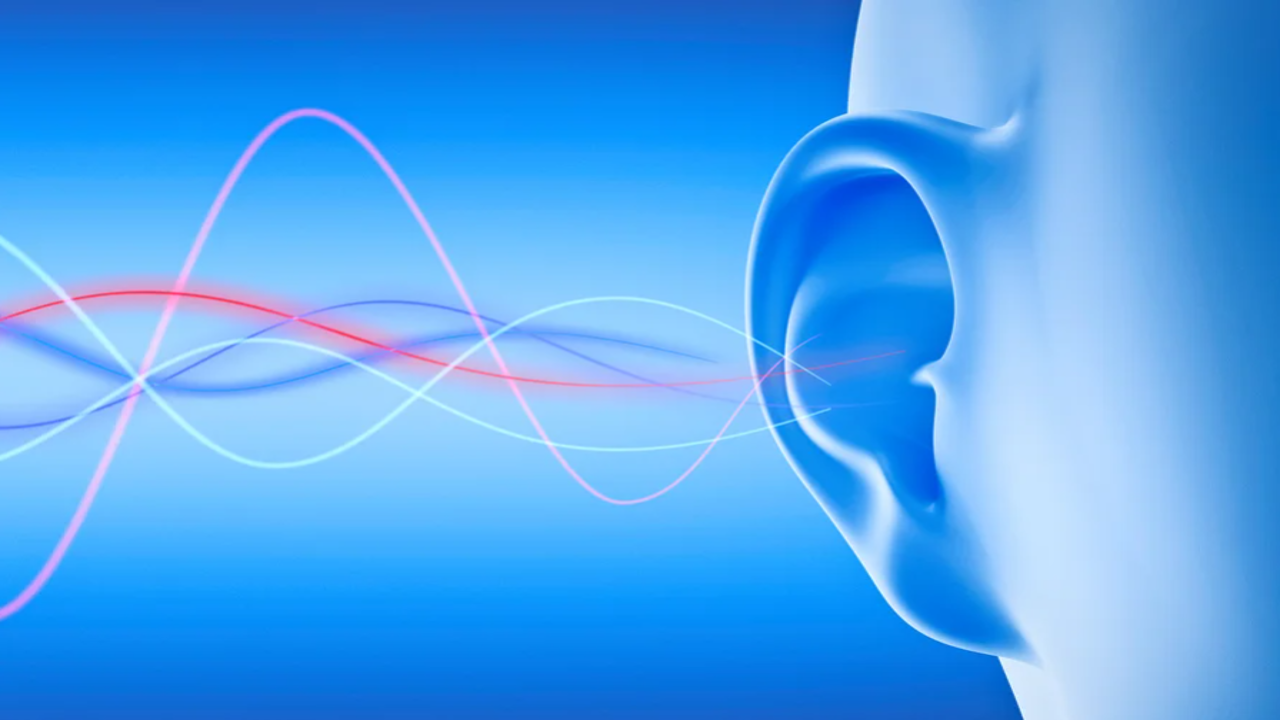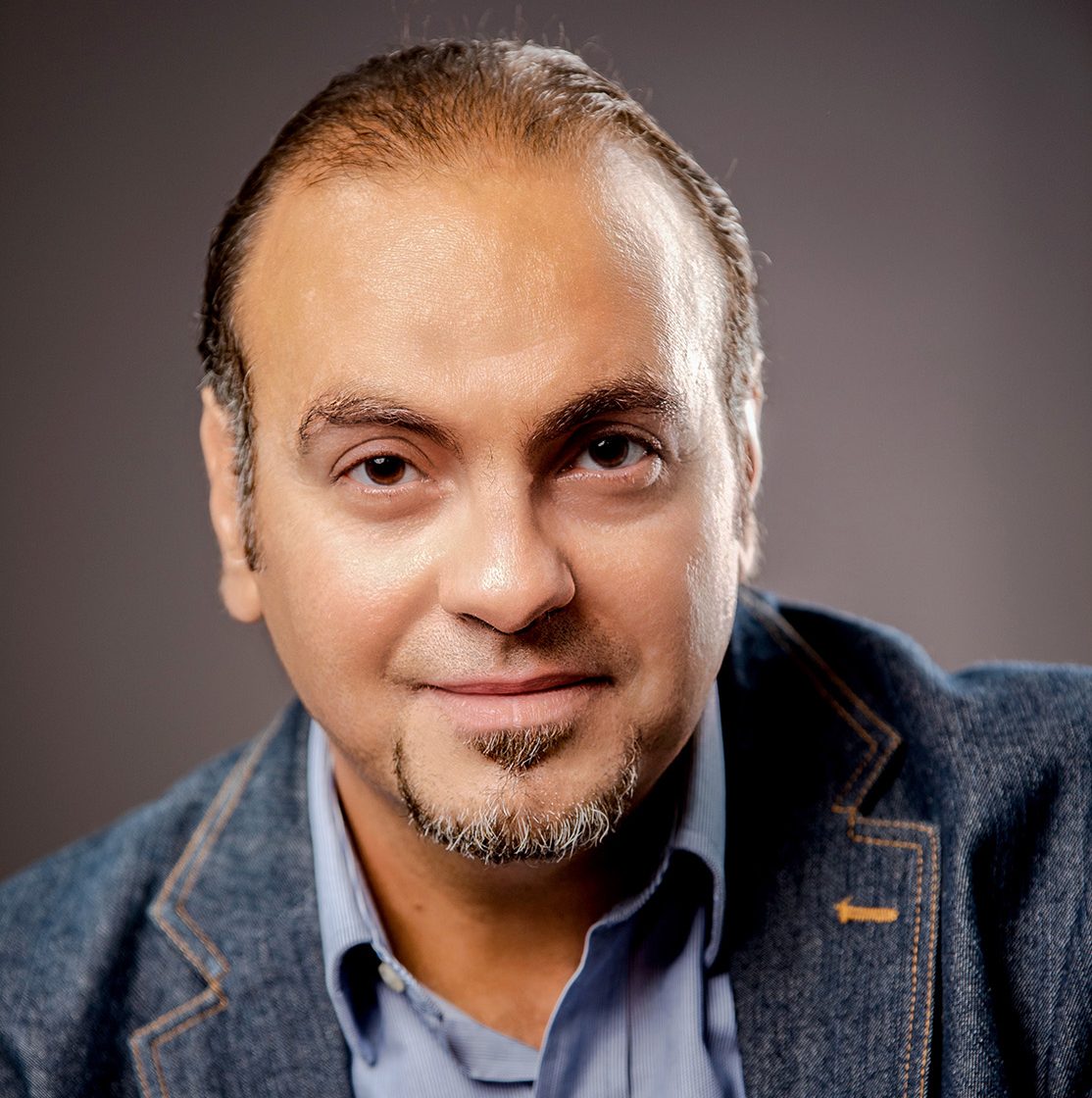–
The Music of Speech
–

–
By Ahmed AlQotb, April 27, 2025
–
–
Music is the language of human emotion: pure, unspoken, and universal. It sings of joy, sorrow, longing, and triumph without the use of alphabets or grammar. Beneath culture and beneath intellect, music resonates with something fundamentally human. Speech, when stripped to its core, is music too. It becomes a melodic mirror of our inner lives, carrying the hidden musical score of emotion in every word we utter.
Pitch, rhythm, volume, speed, and phrasing are not technical afterthoughts; they are the very tools through which emotion takes flight. Before our minds even register a word’s meaning, our ears and hearts have already felt its music.
–
Take a simple phrase: “He just came back.”
- Spoken in happiness, it dances: bright, fast, and buoyant in pitch.
- Spoken in sorrow, it droops: low, trembling, and paced like a slow dirge.
- Spoken in fear, it stutters: hesitant, breathless, and weighed down by invisible hands.
- Spoken in anger, it lashes out: clipped, forceful, each word punching forward with a low, powerful beat.
–
In each case, the phrase remains the same, yet its meaning transforms through vocal music. For the artist, especially the voice actor, mastering these elements is like mastering a musical instrument. It requires knowing not only how to hold the instrument and play the notes, but how to craft something living, something that breathes.
–
Just as music varies across cultures, so too does the music of speech. In English, a question may fall in tone, as if concluding a thought rather than inviting an answer. In Arabic, the same falling tone might imply certainty, a statement rather than a question, unless softened by explicit phrasing. Consider the moment in The Mask of Zorro, when Don Diego de la Vega asks Alejandro, “Rafael Montero… do you know him?” To an American ear, the falling tone carries a slight interrogative weight. To an Arab ear, that same intonation might sound almost declarative. This subtle difference underscores a broader truth: the music of speech is not universal. It dances differently across civilizations, carrying cultural rhythms that professionals in voice performance, especially in localization and dubbing, must learn to hear and honor.
–
Beyond geography, time itself reshapes our vocal music. Ancient civilizations infused their rituals with immersive vocal performances: chants, hymns, and mythic recitations that wove storytelling into spiritual life. The Egyptians, Assyrians, and later the Greeks filled their festivals with a poetic cadence that elevated the ordinary into the divine.
–
Fast-forward to the twentieth century, and a new, urgent music emerged. Watch a television commercial from the 1950s, and you will hear it immediately: the clipped pace, booming volume, and martial rhythm born of wartime oratory. Advertisements did not just sell products; they proclaimed them like victories. In those performances, the emotional “score” mirrored the pulse of a society rebuilding itself with boldness and speed.
–
Today, our era demands a different song. Communication, real and human and imperfect, has become the ultimate art. The mechanical cadences of the past have given way to performances that crave authenticity, vulnerability, and emotional truth. The most powerful voice performances no longer impress through polish alone. They move us through lived, human sound, a music that feels spontaneous and true.
–
For the voice artist, the musician of words, this is the essential mastery: to hear beyond the script, to feel beyond the scene, and to compose, moment by moment, an emotional score that resonates not just with the ear but with the soul. The words may change, and the contexts may shift, but the deeper music endures. It carries the oldest story of all: what it means to be human. ♦♦♦
–

*
Ahmed AlQotb is an award-winning Arabic voiceover artist, casting director, and founder of THE ARABIC VOICE™studios and arabicvoices.net, a leading online casting platform. He is the International Ambassador of the Society of Voice Arts and Sciences (SOVAS) in Egypt and North Africa. With over 20 years of experience, Ahmed has voiced and cast for major global clients such as Apple, Interpol, Harley-Davidson, Mercedes-Benz, Qatar Airways, and Turkish Airlines. His voice features in high-profile projects including the villain “Dr. Dominguez” in Shadow of the Tomb Raider, the Interpol IP Crime curriculum, and Apple’s and Google’s IVR systems for the Middle East. Through THE ARABIC VOICE™, based in the U.S. with studios in Cairo, Ahmed leads a regional team of native Arabic voice talents, delivering culturally attuned productions across MENA. He also founded El Hakawaaty, a talent incubator empowering emerging Arabic voice actors through training and mentorship. Ahmed is widely recognized for elevating Arabic voiceover standards globally and for fostering diversity and excellence in the industry.












